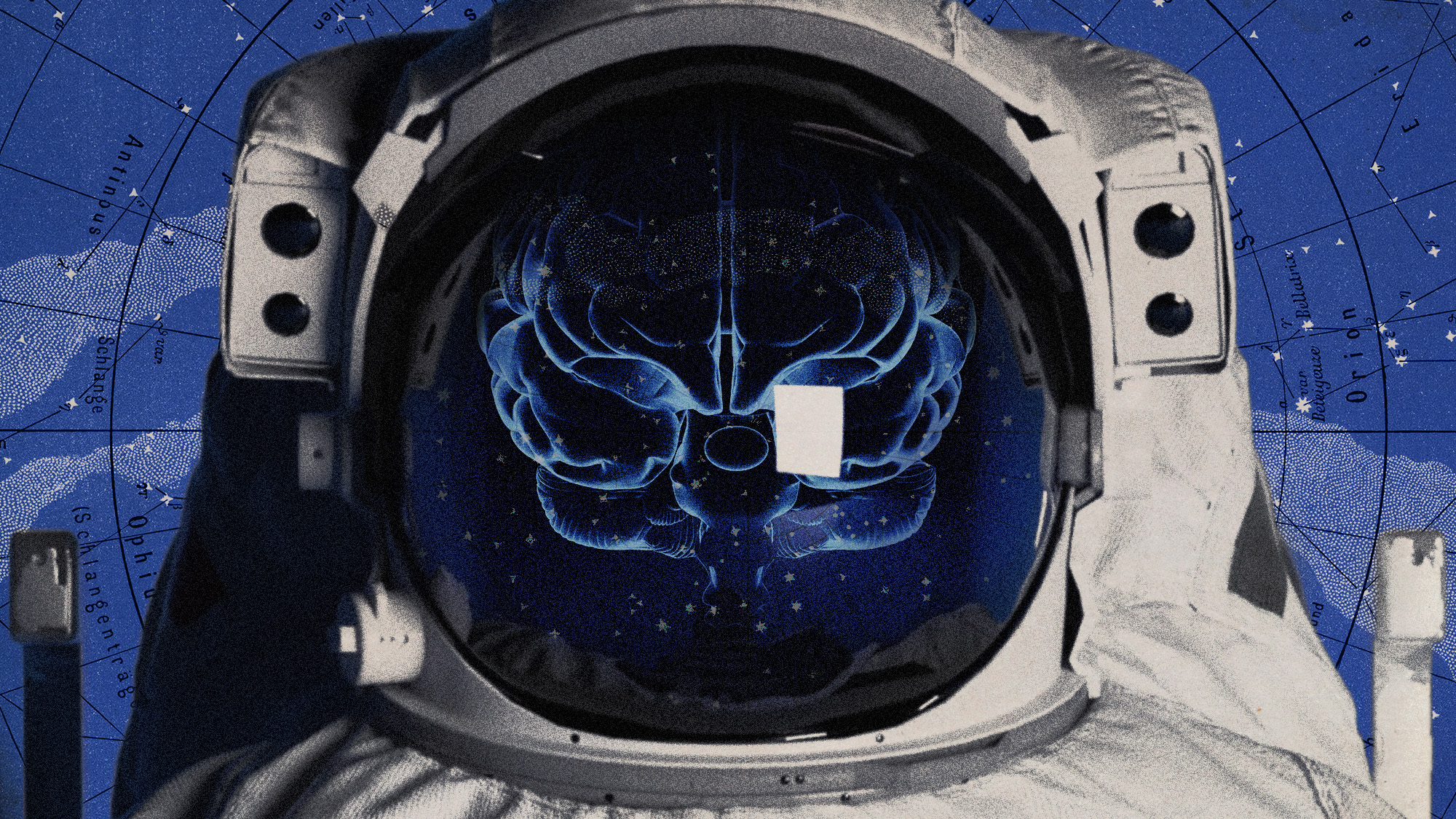Google's eavesdropping technology: Going too far to sell ads?
The search giant snags a patent that might let Larry Page and Co. listen in on your future phone calls

Even as Google overhauls its search engine, the tech giant is looking for ways to diversify its revenue streams. One possibility? This week, Google was awarded a patent for "advertising based on environmental conditions," suggesting that in the future, computers and handsets may deliver targeted ads tailored to fit with what you're seeing and hearing in the real world. Here's what you should know:
How would this work?
Theoretically, this advertising would "be served on the basis of a sensor that detects temperature, humidity, sound, light, or air composition near a device," says Loek Essers at PC World. That technology could be applied to laptops, digital billboards, kiosks, vending machines, and even smartphones. For example, if it's 80 degrees and sunny out, a billboard might automatically flash an ad for an icy-cold beverage. Or if you're placing a call during a concert, Google could automatically feed the background noise into an algorithm, spurring your phone to deliver an offer for album downloads or concert tickets based on your music tastes.
The Week
Escape your echo chamber. Get the facts behind the news, plus analysis from multiple perspectives.

Sign up for The Week's Free Newsletters
From our morning news briefing to a weekly Good News Newsletter, get the best of The Week delivered directly to your inbox.
From our morning news briefing to a weekly Good News Newsletter, get the best of The Week delivered directly to your inbox.
Isn't that creepy?
"Totally creepy," says Megan Garber at The Atlantic. But Google swears that if this technology ever makes it to market, users will be able to opt out. And yet, one "wonders about the legality of the hypothetical operation in the 12 states that require everyone recorded to consent to that recording."
Why is Google doing this?
In a way, this micro-targeted advertising is a logical direction for the company, which already delivers users customized experiences via their browsers. "There are elements of things from the film Minority Report happening in the real world, [and] this is just an extension of context-based advertising," patent lawyer Andrew Alton tells the BBC. "It is what Google does anyway — combining people's past history with search results or searches based on GPS location."
A free daily email with the biggest news stories of the day – and the best features from TheWeek.com
How likely is this to become a reality?
Time will tell. Google devotes a sizable chunk of its resources to research and development, and is constantly filing patents to stay ahead of the curve. "Some of those ideas later mature into real products or services, some don't," a Google representative tells CNET. "Prospective product announcements should not necessarily be inferred from our patent applications."
Sources: The Atlantic, BBC, CNET, PC World
-
 How space travel changes your brain
How space travel changes your brainUnder the Radar Space shifts the position of the brain in the skull, causing orientation problems that could complicate plans to live on the Moon or Mars
-
 How Iran protest death tolls have been politicised
How Iran protest death tolls have been politicisedIn the Spotlight Regime blames killing of ‘several thousand’ people on foreign actors and uses videos of bodies as ‘psychological warfare’ to scare protesters
-
 Departure(s): Julian Barnes’ ‘triumphant’ final book blends fact with fiction
Departure(s): Julian Barnes’ ‘triumphant’ final book blends fact with fictionThe Week Recommends The Booker prize-winning novelist ponders the ‘struggle to find happiness and accept life’s ending’